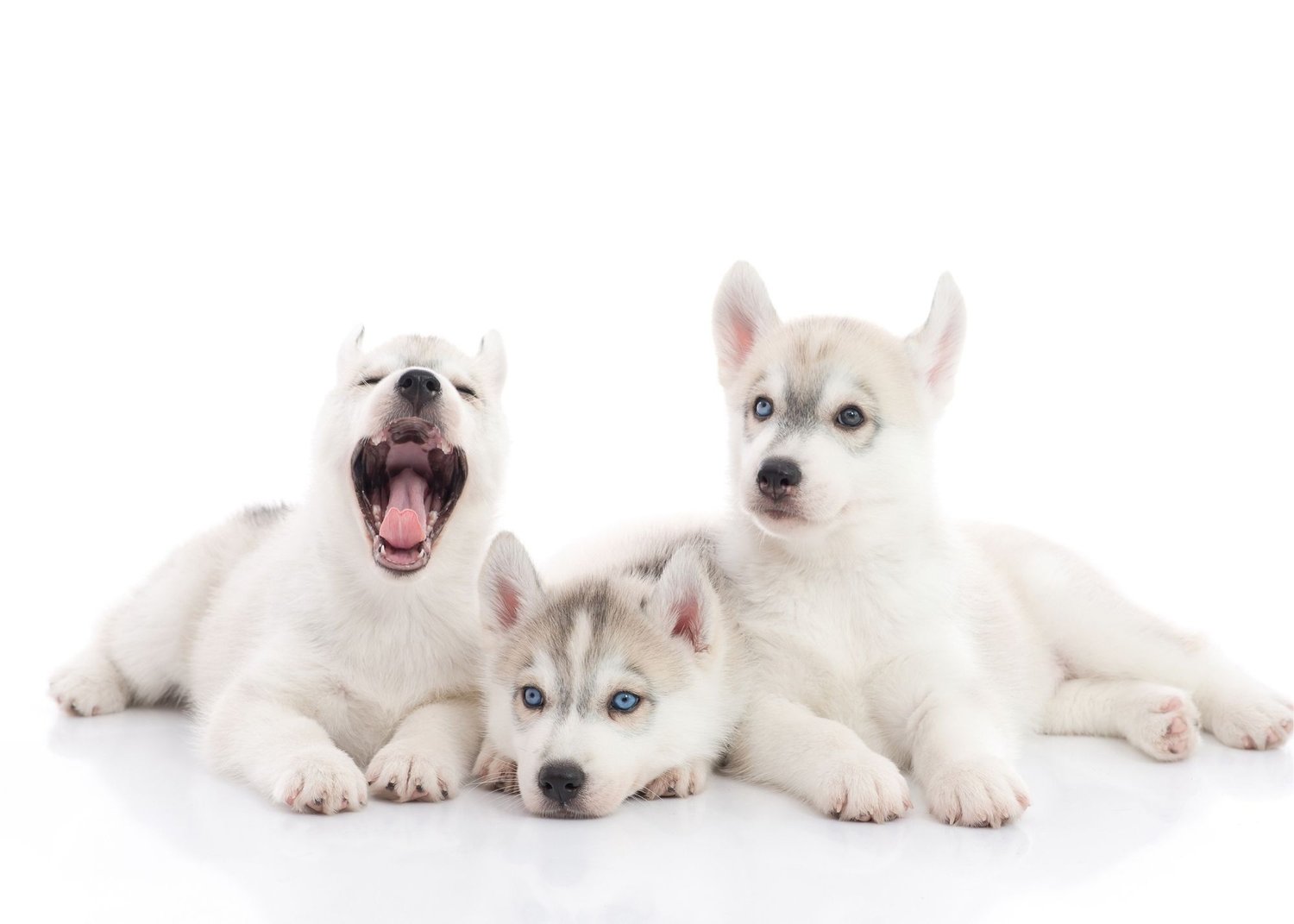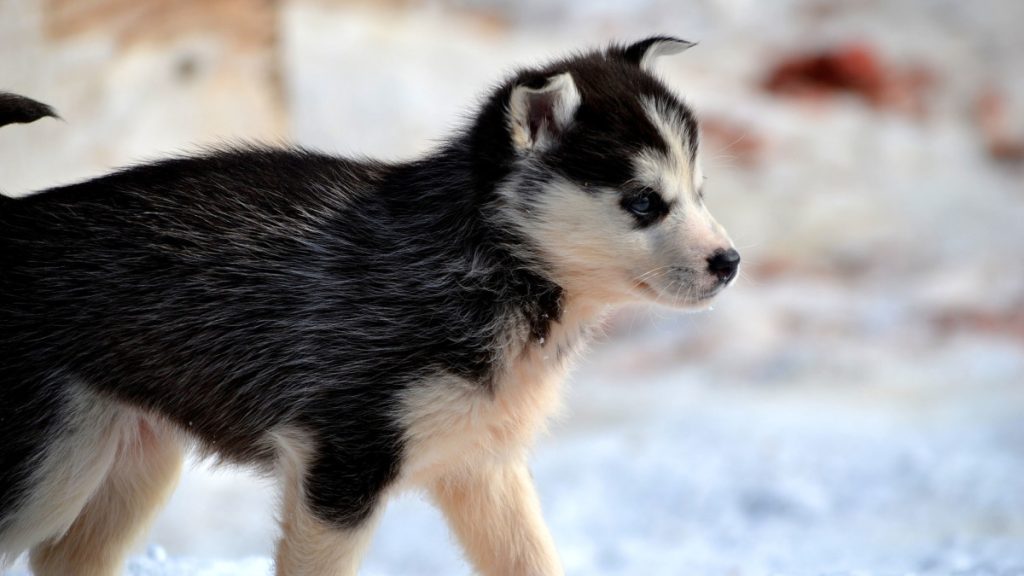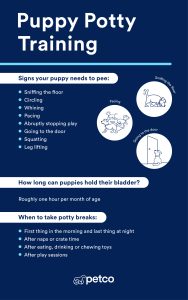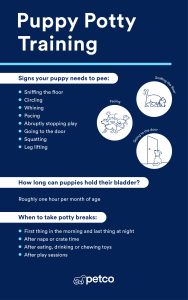Training your Siberian Husky puppy can be both exciting and challenging. You want your furry friend to grow into a well-behaved and happy dog, but sometimes it feels like they have a mind of their own.
The good news? With the right tips and a bit of patience, you can guide your puppy to learn quickly and enjoy the process together. Keep reading, and you’ll discover simple, effective ways to make training easier and more fun for both you and your Husky.
This is your chance to build a strong bond and set your puppy up for a lifetime of good behavior.

Credit: www.reddit.com
Choosing The Right Training Approach
Training a Siberian Husky puppy needs care and the right methods. Picking a good training style helps your puppy learn fast.
Each dog is different, so the approach should fit your puppy’s nature. This guide covers two key ways to train your Husky.
Positive Reinforcement Techniques
Positive reinforcement means rewarding good behavior. This makes your puppy want to repeat it. Use treats, praise, or play as rewards.
- Give a treat right after good behavior
- Use a happy voice to say “Good job!”
- Play with a favorite toy as a reward
- Be consistent with rewards every time
- Keep training sessions short and fun
Consistency And Patience
Training a Husky takes time. Be patient and stay consistent. Use the same commands and rules every day.
| Tip | Why It Helps |
| Use the same command words | Helps puppy understand what you want |
| Train at the same time each day | Builds routine and expectation |
| Don’t change rules often | Prevents confusion for your puppy |
| Stay calm even if puppy makes mistakes | Keeps training positive and effective |

Credit: www.thepuppyacademy.com
Establishing A Routine
Training a Siberian Husky puppy needs consistency. A solid routine helps your puppy learn faster. It also builds trust and good habits.
Setting clear times for exercise, feeding, and training makes daily care easier. Your puppy will feel safe and know what to expect.
Daily Exercise Needs
Siberian Huskies are active dogs. They need daily exercise to stay healthy and happy. Without enough activity, they may act restless or destructive.
- Take your puppy for two or three short walks every day.
- Play fetch or tug-of-war to burn off energy.
- Allow supervised time to run in a fenced area.
- Use interactive toys to keep their mind busy.
Feeding And Training Schedule
Keep feeding and training at the same times daily. This helps your puppy know when to eat and learn commands better.
| Time | Activity | Notes |
| 7:00 AM | Feeding | Serve measured puppy food portion |
| 7:30 AM | Training | Short 10-minute session with basic commands |
| 12:00 PM | Feeding | Second meal, same portion size |
| 4:00 PM | Exercise | Walk or playtime |
| 6:30 PM | Training | Practice commands with treats |
| 8:00 PM | Feeding | Last meal of the day |
Basic Commands For Early Training
Training a Siberian Husky puppy early helps them grow into a well-behaved dog. Basic commands build good habits and keep your puppy safe.
Start teaching simple commands like sit, stay, and come. These are the foundation for more advanced training later on.
Sit
Teaching your puppy to sit helps control their excitement. It is easy to train and useful in many situations.
Use a treat to guide your puppy’s head up and back. Their bottom will naturally touch the ground. Say “sit” and give the treat immediately.
Stay
The stay command keeps your puppy in one place. It helps prevent them from running off or getting into trouble.
Ask your puppy to sit first. Then hold your hand out with your palm facing them and say “stay.” Step back slowly. Reward if they stay still.
Come
Come is an important command for safety. It makes sure your puppy returns to you when called.
Use a happy tone and say “come.” Show a treat or toy to encourage your puppy to come to you. Reward them quickly when they arrive.
Leash Training Basics
Siberian Huskies need leash training early to prevent pulling and wandering. This makes walks safer and more fun.
Start by letting your puppy wear the leash indoors. Use treats to reward calm behavior. Practice walking short distances with gentle guidance.
- Use a comfortable collar or harness
- Keep the leash short but loose
- Stop walking if your puppy pulls
- Reward walking beside you calmly
Socializing Your Husky Puppy
Socializing your Siberian Husky puppy helps it grow into a confident dog. Early social experiences make your puppy friendly and calm.
Start socializing soon after bringing your puppy home. Gentle exposure builds good habits and reduces fear.
Introducing To Other Dogs
Let your puppy meet other dogs in safe places. Watch their body language to ensure play stays friendly. Keep first meetings short and positive.
- Choose calm, vaccinated dogs for introductions
- Use a leash to control interactions
- Reward your puppy with treats for good behavior
- Stop play if either dog seems stressed
- Repeat meetings often to build comfort
Exposure To Different Environments
Show your puppy many places like parks, streets, and pet stores. New sights and sounds help your puppy adapt well.
| Environment | Benefits |
| Busy street | Gets used to noise and crowds |
| Dog park | Practices social skills with many dogs |
| Pet store | Experiences different smells and people |
| Quiet park | Builds calm and focus |
Managing Common Behavioral Challenges
Training a Siberian Husky puppy can be tough. These dogs have lots of energy and strong instincts. You need to guide them carefully to avoid common behavior problems.
Two issues many owners face are handling excess energy and stopping destructive chewing. Both need consistent training and patience.
Handling Excess Energy
Siberian Huskies are very active and need daily exercise. Without enough activity, they get bored and may act out.
- Give your puppy at least one hour of exercise every day.
- Use walks, playtime, and running to burn off energy.
- Try training sessions to keep their mind busy.
- Provide safe toys to chew and play with.
- Set a regular routine to help your puppy stay calm.
Preventing Destructive Chewing
Puppies chew to explore and ease teething pain. Siberian Huskies are known chewers, so training is important.
| Cause | How to Manage |
| Boredom | Provide toys and exercise |
| Teething | Offer chew toys made for puppies |
| Lack of training | Teach “leave it” and “no” commands |
| Access to forbidden items | Keep shoes and cables out of reach |
Advanced Training Tips
Training a Siberian Husky puppy requires patience and skill. Advanced tips help improve their behavior and skills.
These tips focus on mental exercises and physical training to keep your puppy sharp and obedient.
Mental Stimulation Exercises
Mental exercises prevent boredom and destructive behavior. They keep your husky’s mind active and engaged.
- Use puzzle toys to challenge problem-solving skills.
- Teach new tricks regularly to stimulate learning.
- Hide treats around the house for scent tracking.
- Practice commands in different locations to improve focus.
- Rotate toys to maintain interest and curiosity.
Agility And Obedience Training
Agility exercises build physical strength and obedience. They improve coordination and listening skills.
| Exercise | Purpose | Tip |
| Weave Poles | Improves agility and focus | Start slow and reward progress |
| Jumping Hurdles | Builds strength and coordination | Use low heights at first |
| Recall Practice | Enhances obedience | Use a long leash for control |
| Heel Work | Teaches walking calmly beside you | Give treats for staying close |
Tools And Resources For Training
Training your Siberian Husky puppy needs the right tools and information. Using proper equipment helps your puppy learn quickly and safely.
Many apps and books offer helpful tips and guides. These resources make training easier and more consistent.
Recommended Training Equipment
Good equipment keeps training organized and fun. Choose items that suit your puppy’s size and energy.
- Adjustable collar for comfort and control
- Leash with a strong clasp and good length
- Clicker for positive reinforcement training
- Treat pouch to carry training rewards
- Chew toys to redirect biting behavior
- Crate to create a safe space
Useful Training Apps And Books
Apps help track progress and remind you of training sessions. Books offer detailed advice and step-by-step methods.
| Resource Type | Examples |
| Training Apps | Pupford, Dogo, GoodPup |
| Training Books | “The Art of Raising a Puppy,” “Zak George’s Dog Training" |

Credit: www.reddit.com
Frequently Asked Questions
How To Start Training A Siberian Husky Puppy?
Begin training early with basic commands like sit, stay, and come. Use positive reinforcement and consistency. Keep sessions short and fun to maintain their interest.
What Are The Best Socialization Tips For Husky Puppies?
Expose your puppy to different people, pets, and environments. Socialization helps reduce fear and aggression. Start this process between 3 and 14 weeks for best results.
How To Manage Siberian Husky Puppy’s High Energy?
Provide daily exercise with walks, playtime, and mental stimulation. Huskies need at least an hour of activity. This helps reduce destructive behaviors caused by boredom.
When To Begin Crate Training For A Husky Puppy?
Start crate training as early as 8 weeks old. Make the crate a positive and safe space. This aids in housebreaking and reduces anxiety during alone time.
Conclusion
Training a Siberian Husky puppy takes patience and consistency. Start with simple commands. Gradually build up to more complex tasks. Always use positive reinforcement like treats or praise. This helps them learn faster. Keep training sessions short to maintain focus.
Socializing your puppy is crucial too. Introduce them to new environments and people early on. This prevents behavioral issues later. Remember, every puppy is unique. Adjust your methods to suit their needs. Enjoy the journey of training your Husky. With love and patience, you’ll have a well-behaved companion.
Happy training!

Emily Barker is the founder of ChillDogLife.com, a space dedicated to helping pup parents discover the best dog products, lifestyle tips, and cozy ideas for happier homes.
A lifelong dog lover, Emily combines her passion for pets with a knack for research to share trusted recommendations on everything from toys and furniture to health and everyday care.
Her goal is simple: to make life easier, stylish, and more joyful for dogs and the people who love them.







